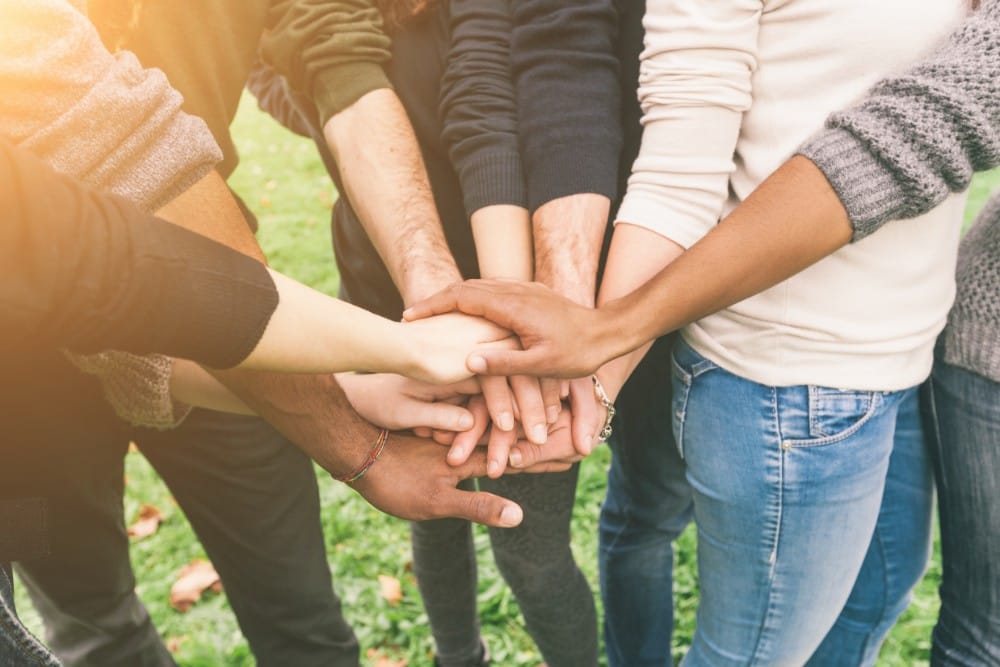Pathways to recovery are many and varied, depending on the individual. One of the best ways to experience recovery is with resiliency to handle whatever comes your way. Resiliency research looks at how the brain is wired, especially regarding addiction and recovery, for renewal and reintegration of what it is learning. There is a shift that is taking place that will help people form their recoveries around resiliency, but it takes knowing the tools to begin the journey.
How Resiliency Works
The term resiliency looks at how people bounce back from adverse circumstances. This includes that influence capacity for recovery and how they move forward. Common traits of people who are resilient include:
- Rebounding from adversity
- Increasing the chances for success in life and future job prospects
- Creating space for more resilience to adversity in the future
The brain is hard-wired for resilience. People are born for adaptation and survival. When someone has support, participation in their community, and a positive mindset, they are more likely to have resilience. These are considered positive ‘environmental factors’ that support a better recovery.
What’s at Stake
With a healthy community comes healthy individuals and vice versa. When both are present, recovery is more likely to be positive. Resiliency is the language of recovery. People who struggle with addiction often experience brain and body changes that make them less able to think and process properly. When they are abstinent in recovery, the mind and body have time to heal. Some factors to consider that might help build resilience:
- Socializing without drugs and alcohol help rebuild the resiliency muscles needed in relationships. They help developmentally to master tasks that are necessary for recovery.
- Relearning social skills in recovery retrains the brain to respond to social situations. The brain recovers those neural pathways to accommodate life experiences without drugs or alcohol
- Learning to problem solve as a sober person improves the ability to think, develop decision-making skills, and support overall much healthier concepts in recovery
- Autonomy: recovery supports the premise of not blaming a person for addiction but embracing personal responsibility. Learning how to take care of oneself and self-direct is key to success in building resilience
- Recovery communities offer support, care, and improved wellness for those who participate. They provide a safe space to be vulnerable and feel heart, while they also help bring a person peace when they need space to process things in life
Resiliency is about finding the right support and having a positive attitude in recovery. By doing this, it brings hope and healing to a difficult experience but also helps form space that will increase gratitude and resilience for the long journey ahead.
Oceanfront empowers you to find your center. We will help you heal and navigate the journey of recovery from addiction. We are located in beautiful Laguna Beach. Call us to find out how we can help you navigate addiction recovery: 888-981-4295







